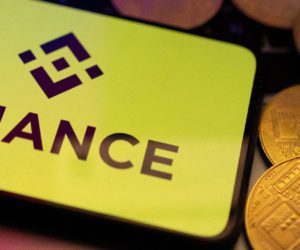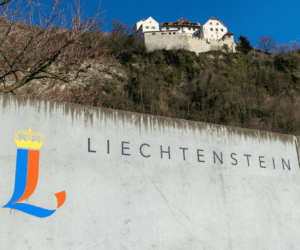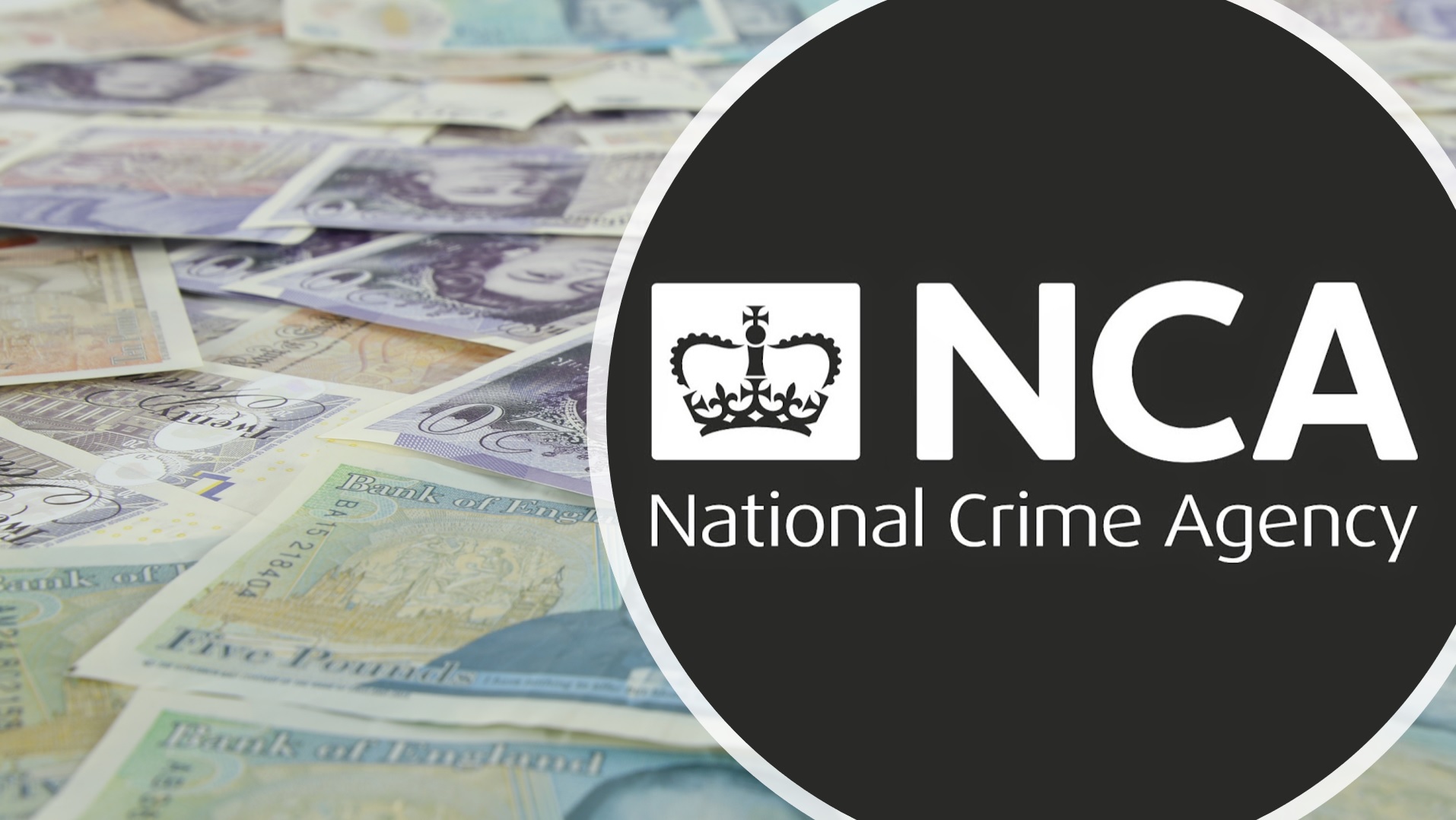By Vish Gain for AML Intelligence
NEW REVELATIONS have been made in relation to a Russian money-laundering network operating in Europe that led to the death of whistleblower Sergei Magnitsky in 2009 and the €200bn Danske bank scandal almost ten years later.
It has emerged that Belgian and Latvian authorities had seized assets in Antwerp and Riga held by Russian nationals in an investigation that had until last week been unknown, according to reports by EUobserver.
This includes the seizure of €400,000 from the proceeds of an apartment sale in Antwerp and €230,000 from a flat in a prime Riga neighbourhood.
The Brussels-based online newspaper broke the story based on reports by Hermitage, the British hedge fund from which the money was originally embezzled, who said that a Russian couple were charged with money laundering by a Belgian investigating judge last year.
Sergey Medvedev and Irina Terkina, both Russian nationals, were charged by Belgian judge Bruno De Hous in an investigation that is still confidential.
“It is unclear where the Russians are at present,” Karel De Meester, a lawyer acting for Hermitage on behalf of Belgian law firm Van Cauter Advocaten told EUobserver.
“We requested the judge to conduct additional investigations. If additional proceeds of the money laundering can be found in Belgium, of course, we will ask them to be seized as well.”
Magnitsky, Danske and Dmitry Kluyev
The seized proceeds stemmed from a luxury Antwerp apartment which was bought by the couple in 2008 for €260,000 and sold in 2019 for a significant profit at €400,000.
The funds are part of a €4m system of money laundering through Belgian banks orchestrated by Russian state officials and criminals, according to Hermitage.
This system, in turn, is part of a €200m money laundering network embezzled from Hermitage in Russia, which led to the death of the firm’s lawyer and whistleblower Magnitsky in a Russian prison. The EU and US have adopted landmark human-rights sanctions in Magnitsky’s name.
When Hermitage investigated the roots of this money, Europe’s biggest money-laundering scandal — the Danske bank affair of 2018 — was exposed.
Funds of more than €40m have been seized by authorities in Estonia, France, Netherlands, Switzerland and the US over the years, according to EUobserver, exposing a truly international scale of the criminal group’s tethers.
The flat in Riga, for instance, was financed by a Cyprus-based shell company owned by Dmitry Kluyev, a prominent Russian gangster who runs an organised criminal network in Europe, according to Peteris Bauska, the head of the economic crime unit in Latvia’s police force.
“Real estate was confiscated due to the discovery… it was acquired for money related to the Magnitsky case,” Bauska told EUobserver. “The real estate was acquired by a citizen of the Russian Federation, in return for a temporary residence permit.
“The cash flow in offshore companies’ accounts was intense and merged with other money to make it more difficult to track,” Bauska said of the Latvian police operation that involved “at least” 10 foreign law enforcement authorities.
“This is a ‘Laundromat’ case involving hundreds of companies through whose accounts money flowed into at least six Latvian banks.”
Last week, AML Intelligence reported on comments made by former FATF president Marshall Billingslea, who said that the capacity of Russian oligarchs to work around rigorous KYC rules and international sanctions is the strongest in the world.
Their methods were so capable that their identity may remain hidden even if a financial institution makes every effort to root out accurate beneficial ownership information, he suggested.
“The fact of the matter is that Russian bad behaviour has not stopped. It took a turn when Putin decided to mass more military forces.”
Share:








